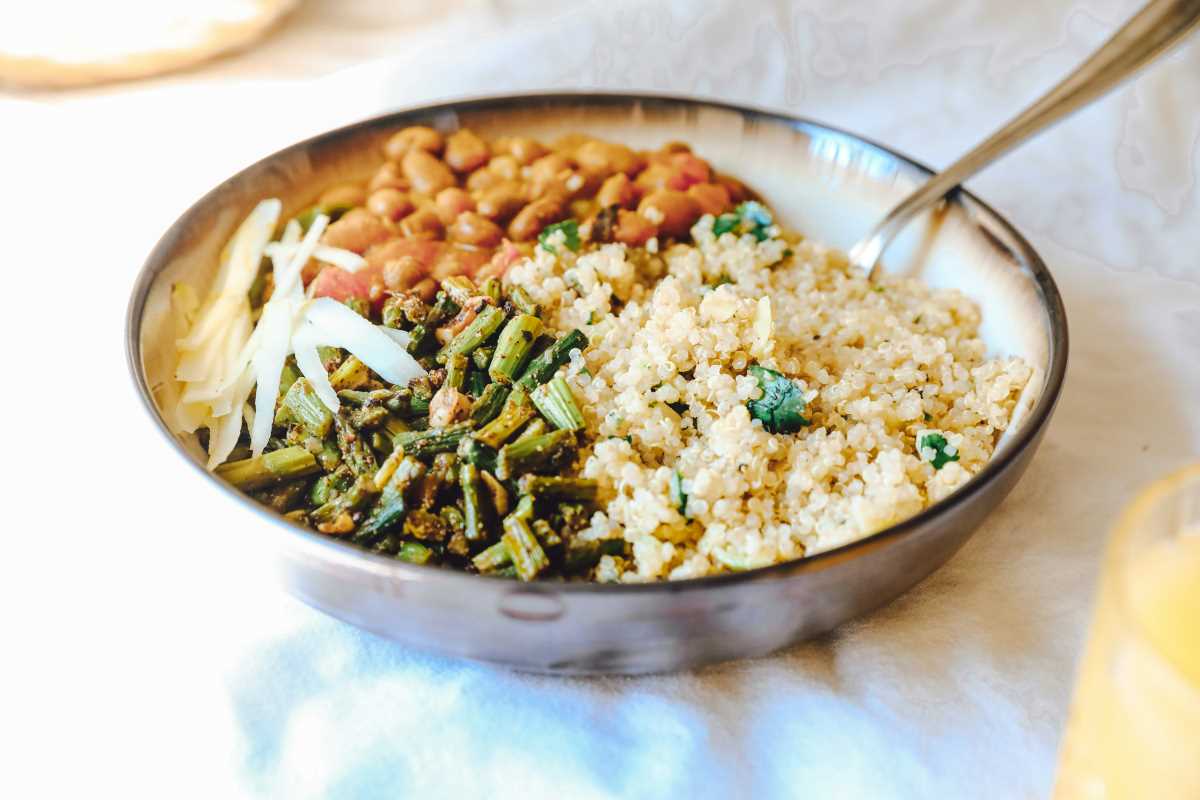You know that feeling when you eat something that doesn't agree with you, and your stomach starts sending angry signals? Well, what if we told you that your gut does way more than just process your late-night pizza orders and morning coffee runs? Your digestive system actually plays a huge role in keeping your immune system happy and healthy. Let's dive into the fascinating world of gut health and autoimmune conditions – and don't worry, we'll keep the science speak to a minimum.
What Are Autoimmune Conditions Anyway?
Think of your immune system as your body's personal security team. Normally, this team does an amazing job protecting you from harmful invaders like bacteria and viruses. But sometimes, the security team gets confused and starts attacking your own healthy cells by mistake.
That's what happens with autoimmune conditions. Common ones include:
- Type 1 diabetes (attacks insulin-producing cells)
- Rheumatoid arthritis (targets joints)
- Multiple sclerosis (affects the nervous system)
- Inflammatory bowel disease (attacks the digestive tract)
- Psoriasis (affects skin cells)
If you're dealing with any of these, you're definitely not alone. Millions of people live with autoimmune conditions, and researchers are working hard to understand what causes them.
Your Gut: More Than Just a Food Processor
Here's where things get interesting. Your gut isn't just responsible for breaking down that burrito you had for lunch. It's actually home to trillions of bacteria, fungi, and other microorganisms – collectively called your gut microbiome.
Picture your gut like a bustling apartment complex. When all the "residents" (good bacteria) are happy and balanced, everything runs smoothly. But when harmful bacteria move in and take over, problems start brewing.
About 70% of your immune system actually lives in or around your gut. That means what happens in your digestive system directly affects how well your immune system functions. Pretty wild, right?
The Gut-Immune Connection
So how exactly does your gut health impact autoimmune conditions? It comes down to something called intestinal permeability, or as scientists like to call it, "leaky gut."
When your gut lining is healthy, it acts like a selective bouncer at an exclusive club – letting good stuff through while keeping the troublemakers out. But when this lining gets damaged, it becomes more like a broken fence, allowing harmful substances to slip into your bloodstream.
When these unwanted visitors enter your system, your immune system goes into overdrive trying to fight them off. Over time, this constant state of alert can confuse your immune system and potentially trigger it to attack your own healthy tissues.
Red Flags That Your Gut Might Need Some TLC
As a single person managing your own health, it's important to recognize when your gut might be sending distress signals:
- Frequent digestive issues (bloating, gas, stomach pain)
- Food sensitivities you never had before
- Feeling tired even after a good night's sleep
- Mood swings or feeling anxious
- Getting sick more often than usual
- Skin problems like eczema or unexplained rashes
Practical Tips for Supporting Your Gut Health
The good news? You have a lot of control over your gut health. Here are some single-person-friendly strategies:
1. Diversify Your Plate
Just like you wouldn't want to live in an apartment complex with only one type of person, your gut bacteria thrive on variety. Aim to eat different colors and types of foods throughout the week.
Single-person hack: Buy pre-cut veggie mixes or frozen vegetable blends to avoid waste while still getting variety.
2. Make Friends with Fermented Foods
Fermented foods are like sending reinforcements to your gut's good bacteria army. Try adding:
- Greek yogurt with live cultures
- Kefir (great in smoothies)
- Sauerkraut or kimchi (perfect as side dishes)
- Kombucha (but watch the sugar content)
Single-person hack: Start small – even a spoonful of sauerkraut with your meals can make a difference.
3. Feed Your Good Bacteria
Prebiotics are essentially food for your beneficial gut bacteria. They're found in:
- Garlic and onions
- Bananas (especially slightly green ones)
- Oats
- Apples
- Asparagus
4. Manage Stress Like a Pro
Since you're flying solo, stress management is extra important. Chronic stress can wreak havoc on your gut health. Try:
- Regular exercise (even a 20-minute walk counts)
- Meditation or deep breathing exercises
- Getting enough sleep (7-9 hours)
- Calling friends or family when you need support
5. Be Smart About Antibiotics
Antibiotics can be lifesavers, but they're like using a sledgehammer when you need a screwdriver – they kill both good and bad bacteria. Only take them when prescribed by a doctor, and consider taking probiotics afterward to help rebuild your gut flora.
6. Stay Hydrated
Water helps everything in your digestive system flow smoothly. Aim for about 8 glasses a day, but listen to your body – you might need more if you're active or live in a hot climate.
When to See a Healthcare Provider
While these lifestyle changes can make a big difference, it's important to know when to seek professional help. Consider talking to a doctor if you:
- Have persistent digestive symptoms that don't improve
- Suspect you might have an autoimmune condition
- Want to explore testing for food sensitivities
- Need guidance on supplements or probiotics
Your gut health and immune system are more connected than you might have realized. While we can't prevent all autoimmune conditions, taking care of your gut is one of the best investments you can make in your overall health.
 (Image via
(Image via.jpg)





